Features
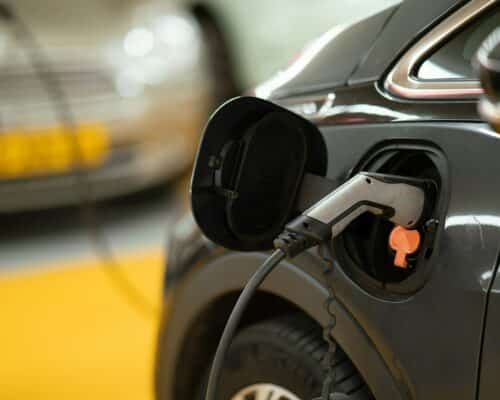
Indonesia to Experience a Green Jobs Boom, But Policy Changes Integral
Indonesia has ambitious plans for its green technology sector. However, to capitalise on the opportunities ahead, the country needs to make the industry more welcoming and lure its youth and experienced workforce to pursue green jobs.
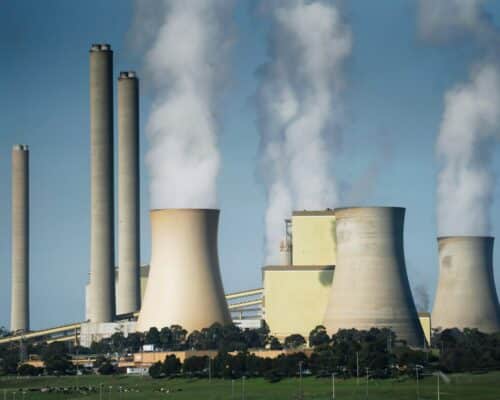
Addressing Captive Coal Power Crucial to the Decarbonisation of Indonesia
According to a joint report by CREA and Global Energy Monitor, future emissions from Indonesia’s captive coal plants are a major threat that must be considered within the planned use of the USD 20 billion Just Energy Transition Partnership (JETP) funding.
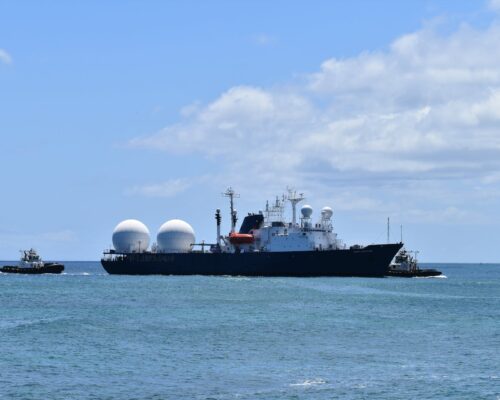
The Impact on Japan as President Biden Halts LNG Exports From New Plants
While President Biden’s decision doesn’t threaten energy security and short-term deliveries, it is yet another nail in the coffin of the theory that natural gas is the reliable “bridge fuel” the world needs.

Climate Change Litigation in Australia: Companies Could Get Three-year Pass
Climate change litigation has taken centre stage again in Australia. The country's Treasury is considering a new proposal limiting climate-related litigation against companies for three years. However, is this the best way forward? The country remains one of the worst polluters on the planet.
Future of Renewable Energy in the World: Massive Growth Expected
IEA notes that almost all new clean energy capacity added in 2023 had lower generation costs than new coal and gas plants, and 75% of new solar and wind plants offered cheaper power than existing fossil fuel facilities.
Azerbaijan to Host COP29 in 2024: What to Expect
The initial signs are that COP29 might be yet another conference where fossil fuel producers act in concert to stall global progress. However, Azerbaijan has the unique opportunity to do what no previous conference host has: increase financing for the most vulnerable ones to the needed levels, accelerate the phaseout of coal and urge for more ambitious emissions reduction targets.
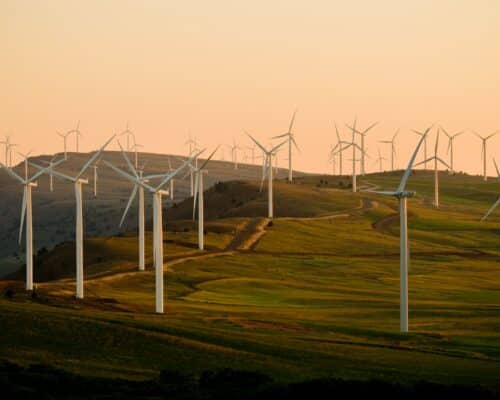
Renewable Energy Growth and Plunging Costs Make the COP28 Target Possible
While the world remains off track in reducing fossil fuel emissions and limiting temperature rise to 1.5°C, the momentum behind renewable energy technologies is aiding the shift towards a cleaner and more sustainable energy system.
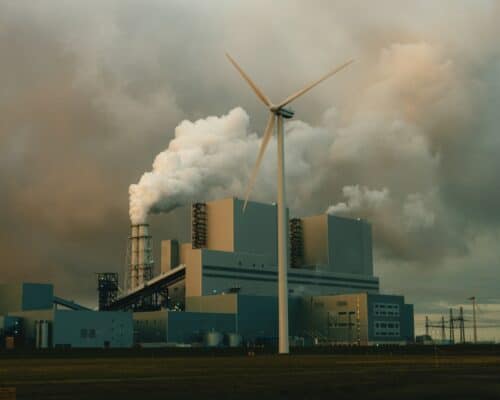
How COP28 Failed to Deliver on the Climate Crisis
Despite all the efforts to paint COP28's final text as a success, the result of the conference is a vague and non-binding agreement allowing the fossil fuel lobby to continue doing business as usual. All that while frontline communities stand at risk due to the climate crisis.
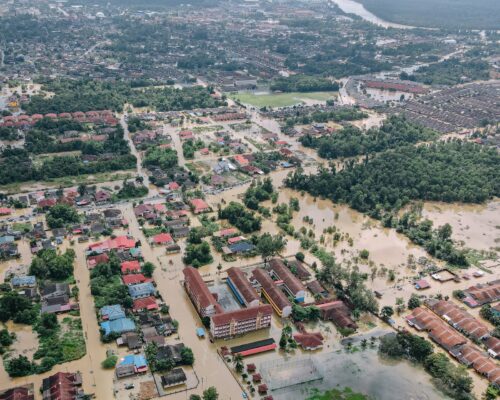
COP28 Loss and Damage Fund: A Historical Win or a Distraction From the Real Problem?
Climate-vulnerable nations experienced the hottest year on record in 2023. While they were looking towards COP28 with hope, despite all the efforts to brand the Loss and Damage Fund as a success, the unclear funding distribution and insufficient pledges are disappointing.

COP28 Outcomes: A Detailed Analysis And Future Implications
COP28 has ended with several major milestone commitments, yet many experts remain wary. Questions about accountability and financing remain.

Japanese Automakers’ EV Plans Under the Spotlight
Toyota Chairman Akio Toyoda has used a dip in global EV sales to justify his anti-EV stance. However, there's more behind the scenes. The legendary car maker has fallen behind its global EV rivals and is challenged by environmental groups for negatively influencing Paris-aligned climate policy.
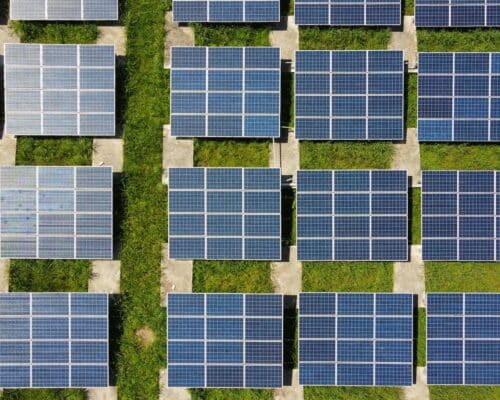
COP28 Targets Tripling Global Renewable Energy Capacity
COP28 is underway, and the target to triple renewable energy capacity by 2030 is the main headline. For the plans not to end up as another empty promise, global leaders should work to establish the needed regulations, investments, mechanisms for equal distribution and adequate progress monitoring processes.
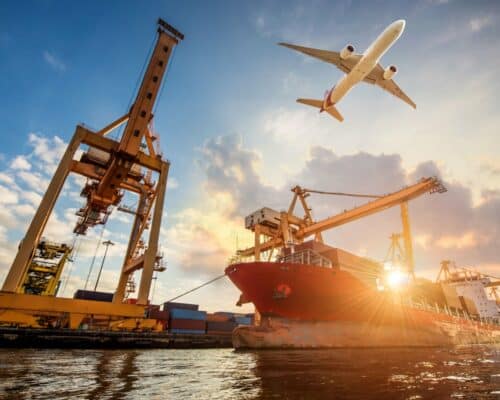
Trade Day at COP28: Climate Action with a Business Mindset
Trade plays an integral role in global decarbonisation. COP28 is the first COP to make trade a focal point of the conference, with a day focused on its discussion. The public and private sectors had several high-level discussions and made critical initial commitments.
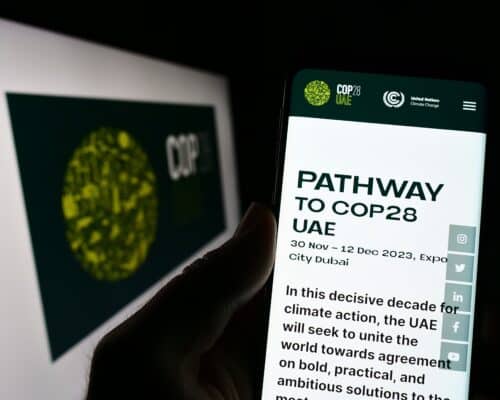
COP28 Climate Finance Day Nets USD 12.5 Billion in Pledges
Day five of the COP28 summit in Dubai started shaky, as reports broke over summit president Sultan Al Jaber’s earlier anti-fossil fuel phaseout comments. However, by the end of the day, significant progress had been made regarding climate change funding, setting the pace with at least 40 different financial pledges.
Most Popular
Categories
-
10
-
34
-
126
-
4
-
17
-
46
-
52
-
11
-
10
-
15
-
24
-
6
-
1
-
5
-
6
-
283
-
200
-
17
-
24
-
1
-
1
-
23
-
41
-
44
-
88
-
18
-
86
-
41
-
17
-
11
-
43
-
54
-
86
-
299
-
22
-
44
-
36
-
11
-
42
-
36

